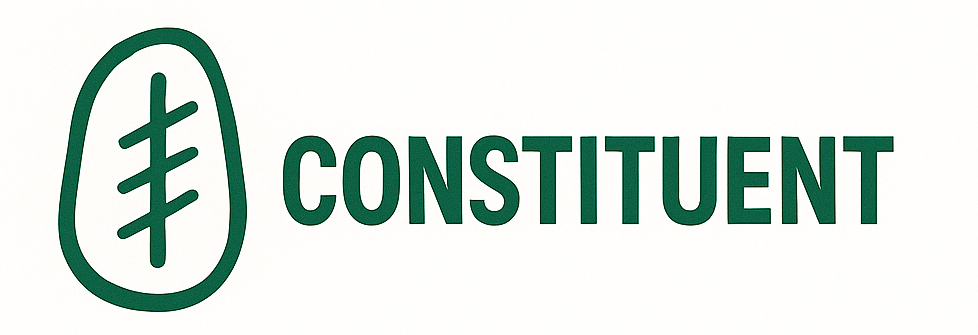Who should I contact?
As a resident of Ireland, you have representatives at several levels of government. Each of them has different responsibilities, so it's worth making sure your message goes to the person best placed to help you.
- When should I contact my TD (Teachta Dála)?
- When should I contact a Senator (Seanad Éireann)?
- When should I contact a Local Councillor?
- When should I contact my MEP (Member of the European Parliament)?
When should I contact my TD?
TDs are members of Dáil Éireann, the lower house of the Irish Parliament (the Oireachtas). They represent geographical constituencies and can help with national-level issues, including:
- Health issues involving the HSE or hospitals.
- Social welfare and pensions (Dept. of Social Protection).
- Taxation matters with Revenue (but not local property tax queries – contact your local council for those).
- Education policy (Dept. of Education) and student grants.
- Justice and policing, including Garda matters and court issues.
- Transport and infrastructure, such as national roads and public transport funding.
- Environment and planning policy at the national level.
- Agriculture and rural affairs under the Dept. of Agriculture.
Not for: bin collections, local road repairs, planning permissions, housing maintenance – those fall to your local council.
When should I contact a Senator?
Senators sit in Seanad Éireann, the upper house of the Oireachtas. Although they do not represent geographic constituencies in the same way as TDs, they can:
- Review and propose amendments to legislation passed by the Dáil.
- Raise issues of national importance in Seanad debates.
- Champion causes within their vocational panel (Agriculture, Labour, Culture & Education, etc.) or, for university-elected Senators, higher-education matters.
Contact your Senator if you're seeking to influence or learn about legislative scrutiny, or if your issue falls under a specific vocational remit (for example, education, agriculture or the arts).
When should I contact a Local Councillor?
Local Councillors are elected to your County, City, or City and County Council. They handle day-to-day community and municipal services, including:
- Planning and zoning: applications for new builds, extensions, change-of-use.
- Housing: allocation of local authority homes, maintenance issues.
- Waste management: bins, recycling, litter control.
- Local roads and footpaths: potholes, street lighting, traffic calming.
- Community facilities: parks, playgrounds, libraries, sports amenities.
- Local grants and supports: community and business funding from the council.
- Environmental health: noise, nuisance, public safety in your area.
If in doubt, your Councillor's office will forward your query to the correct council department.
When should I contact my MEP?
Ireland's Members of the European Parliament represent you on EU-wide issues. They can help with:
- EU legislation on consumer rights, data protection, environmental standards.
- Agricultural payments and CAP regulations.
- Cross-border rights (e.g., mobile roaming, consumer protections).
- EU funding programmes for local projects.
- Migration and citizenship matters under EU law.
MEPs are organised into European constituencies (e.g., Dublin, Midlands–North-West, South). You can contact any of your constituency's MEPs about EU-level concerns.
What to expect
- Response times vary: Councillors often reply within days; TDs and Senators aim for within a fortnight; MEPs may take longer due to Brussels schedules.
- Constituency clinics: TDs and some Senators hold regular "surgery" sessions, check their websites for dates and venues.
- Forwarding: If your first recipient isn't the right person, they'll usually pass your message on.
